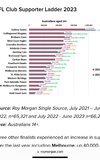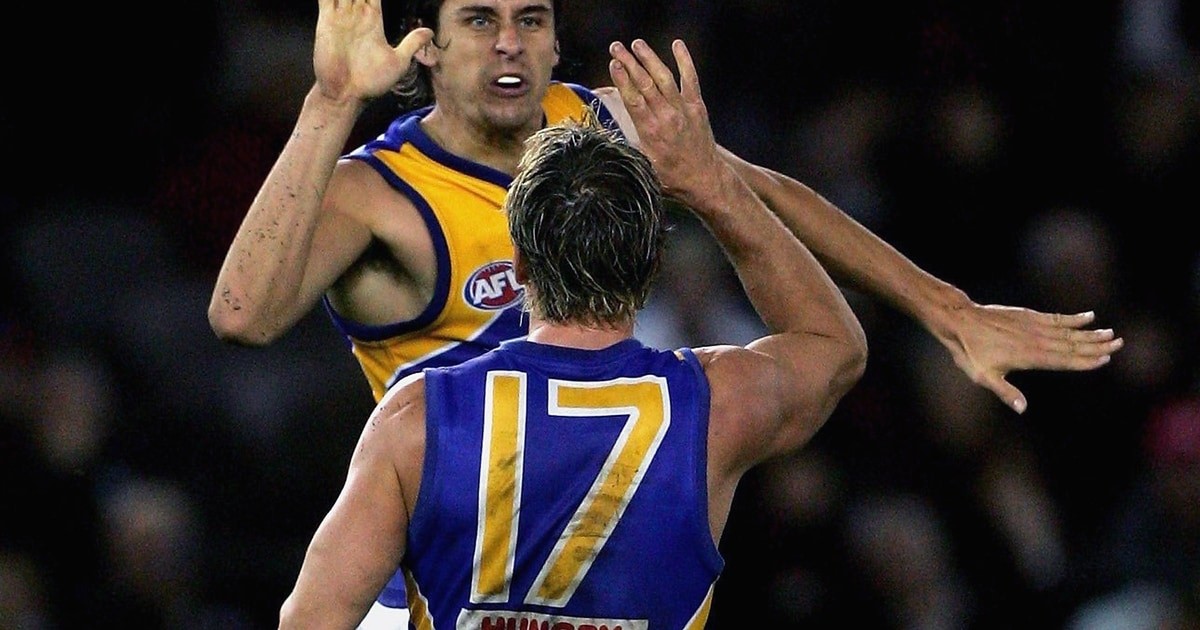Chief
~ Shmalpha ~
- Admin
- #583
AFL Statement
As well as being a signatory to World Anti-Doping Agency (WADA) code via the Australian Football Anti-Doping Code, the AFL has an Illicit Drug Policy which has been in place since 2005, and at the core of the policy is a commitment to player wellbeing and welfare.
The AFL Illicit Drug Policy (IDP) is a policy that specifically deals with the use of illicit substances out of competition and is focussed on player health and well-being. The policy seeks to reduce substance use and drug-related harms for AFL players and aims to inform and rehabilitate players through education and intervention.
It exists alongside and in addition to the Australian Football Anti-Doping Code which covers prohibited substances including some illicit substances in competition as prescribed by the WADA prohibited list.
Urine tests conducted by doctors to determine if a player has used illicit substances are part of the AFL’s Illicit Drug Policy medical model and have been for some time.
Doctors may use those urine tests to obtain an immediate result to determine whether any illicit substance remains in a player’s system. This is normally conducted at the club or in the doctors consulting rooms.
If the test shows a substance is still in the players system, a doctor will take steps to prevent a player from taking part in either training and/or an AFL match both for their own health and welfare and because having illicit substances in your system on match day may be deemed performance enhancing and a breach of the Australian Football Anti-Doping Code (depending on the substance involved).
It is absolutely imperative that no doctor or club official should ever allow or encourage a player to take the field knowing they have recently taken an illicit substance that may be harmful to their health and/or may be deemed performance-enhancing (as many illicit substances are on match day).
We support the WADA code (as it applies to our sport through the Australian Football Anti-Doping Code) and support the fundamental premise on which it is founded that any player who takes the field with a performance-enhancing prohibited substance in their system should be treated in accordance with the Anti-Doping Code and face heavy sanctions.
The AFL observes that AFL players are not immune to the societal issues faced by young people with respect to illicit substances and also acknowledges that illicit drug use problems commonly co-occur with other mental health conditions.
While the AFL’s medical model involves a multidisciplinary healthcare management plan, the monitoring of players is highly confidential. A doctor or healthcare professional generally cannot disclose the nature of the clinical intervention or condition to others unless the player willingly consents.
We understand that the Illicit Drugs Policy can be improved and we are working with the AFLPA and players to improve the policy and the system to ensure we are better able to change the behaviours of players. But we are unapologetic about club and AFL doctors taking the correct steps to ensure that any player who they believe has an illicit substance in their system does not take part in any AFL match and that doctor patient confidentially is upheld and respected.
The AFL will always be required to make decisions which seek to balance competing rights and interests. The medical interests and welfare of players is a priority for the AFL given everything we know about the risks facing young people generally and those who play our game in particular.
Last edited:







